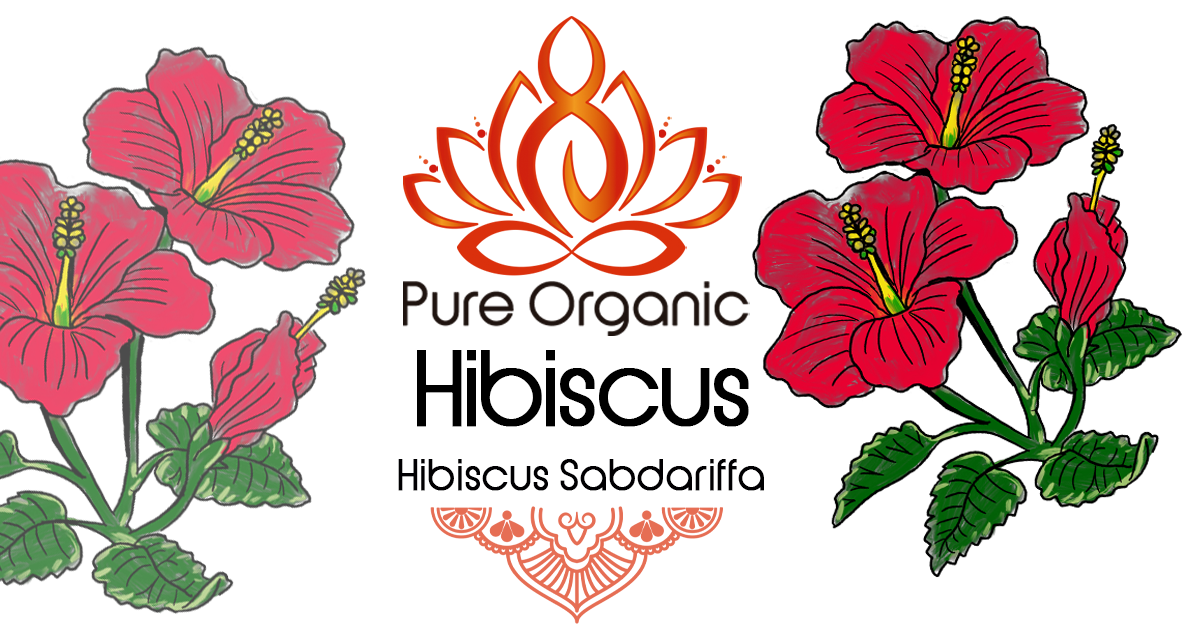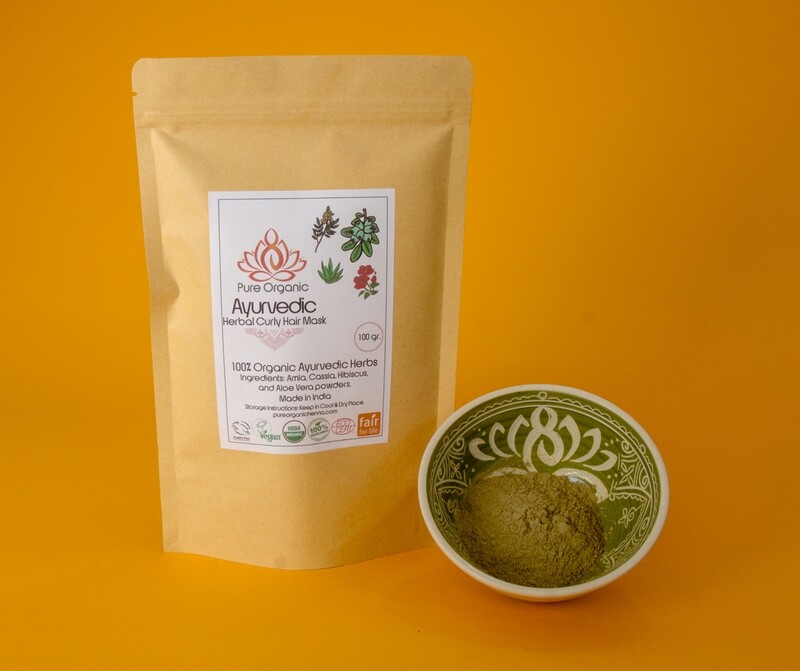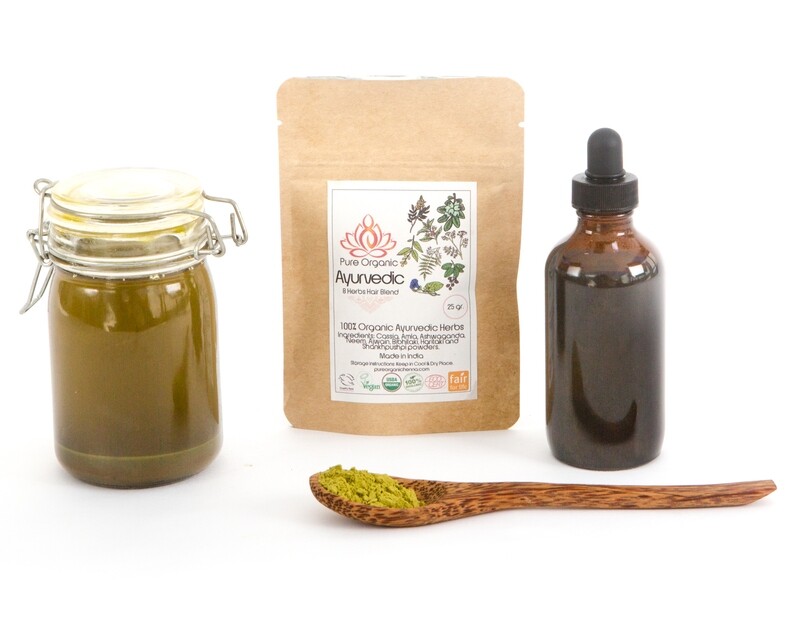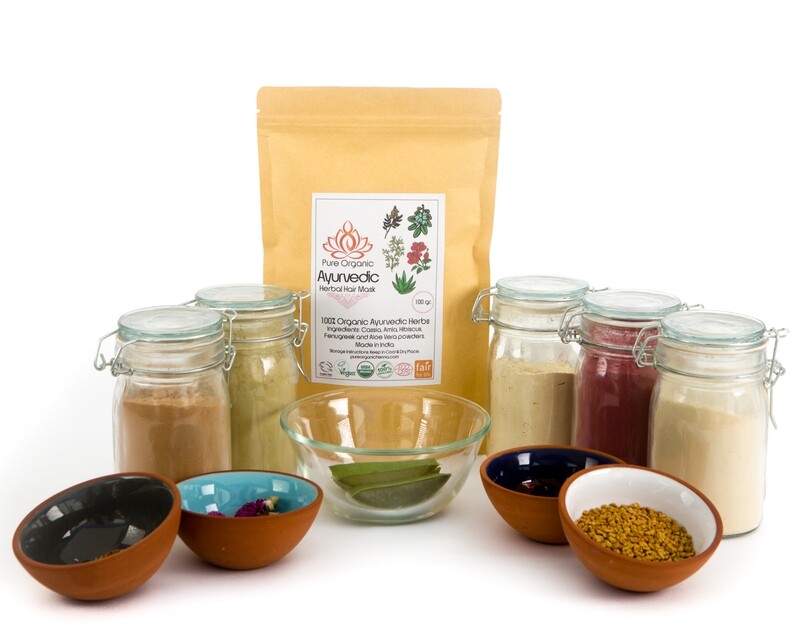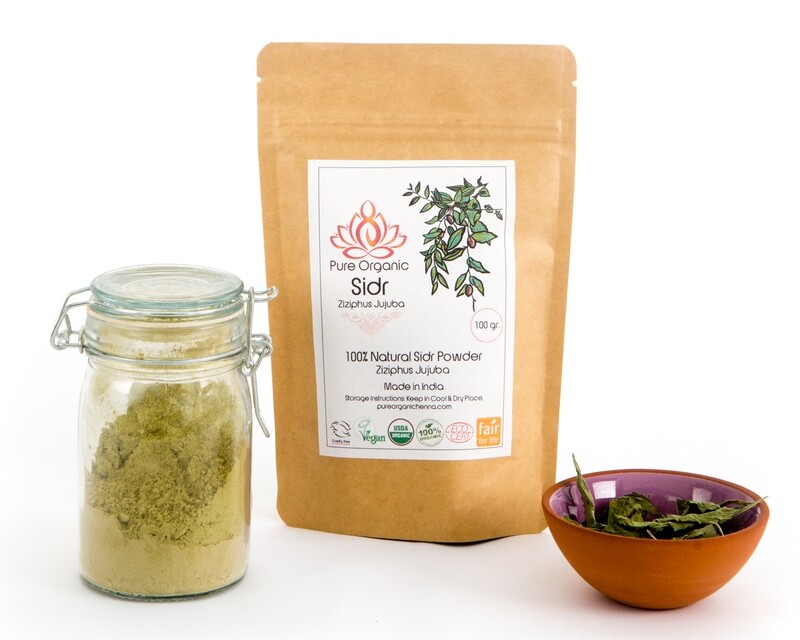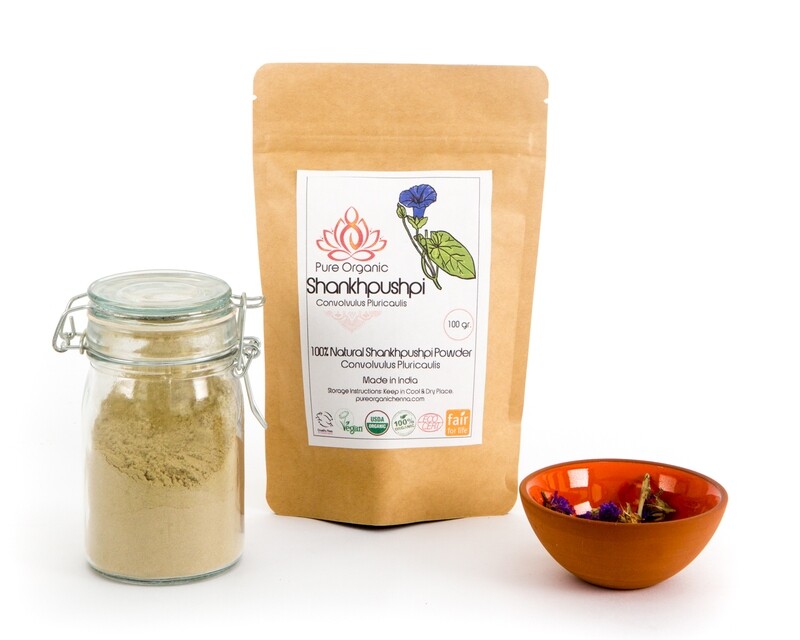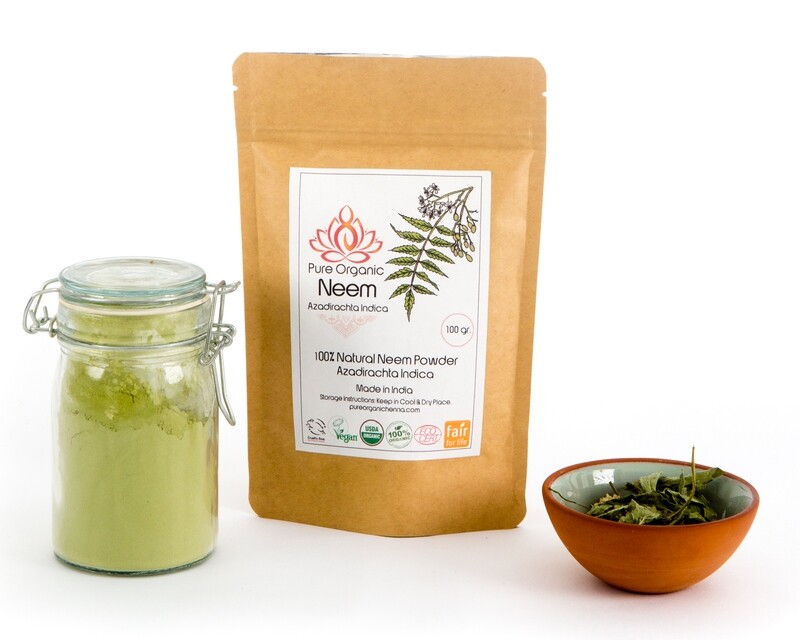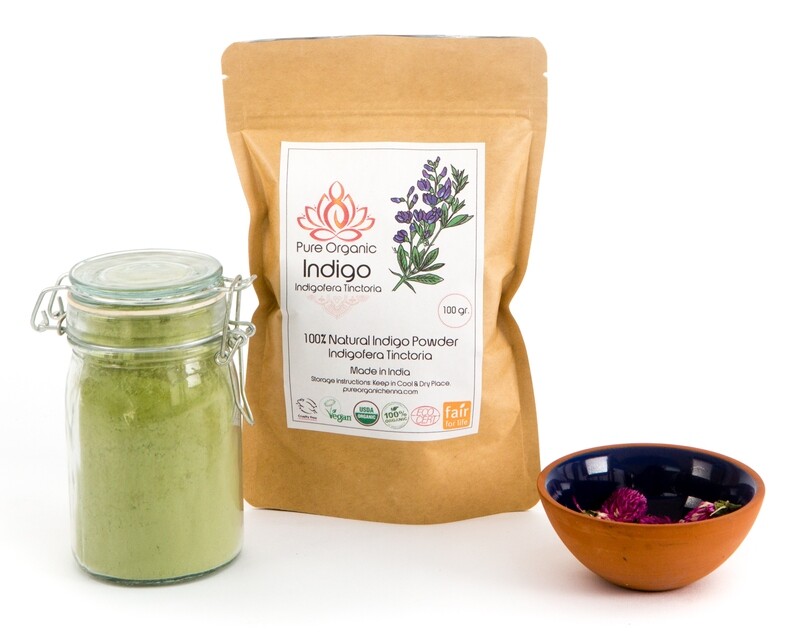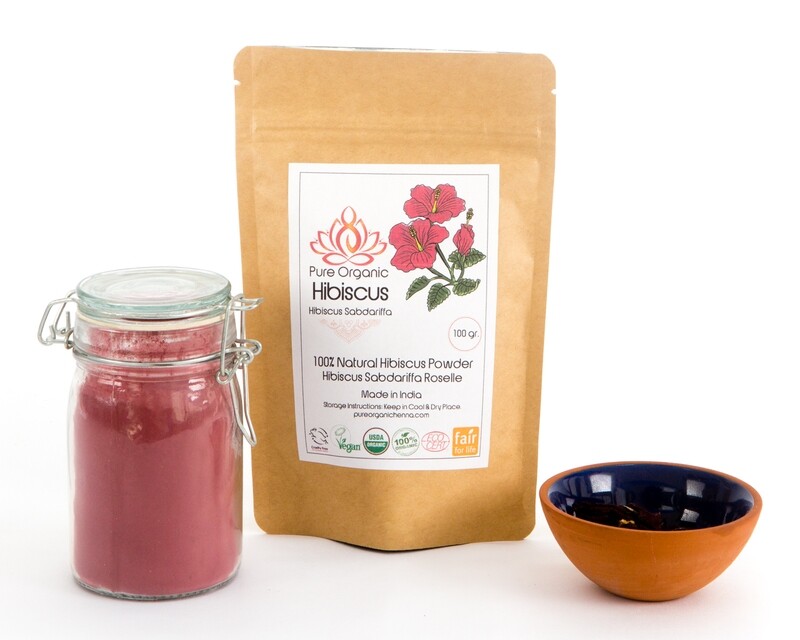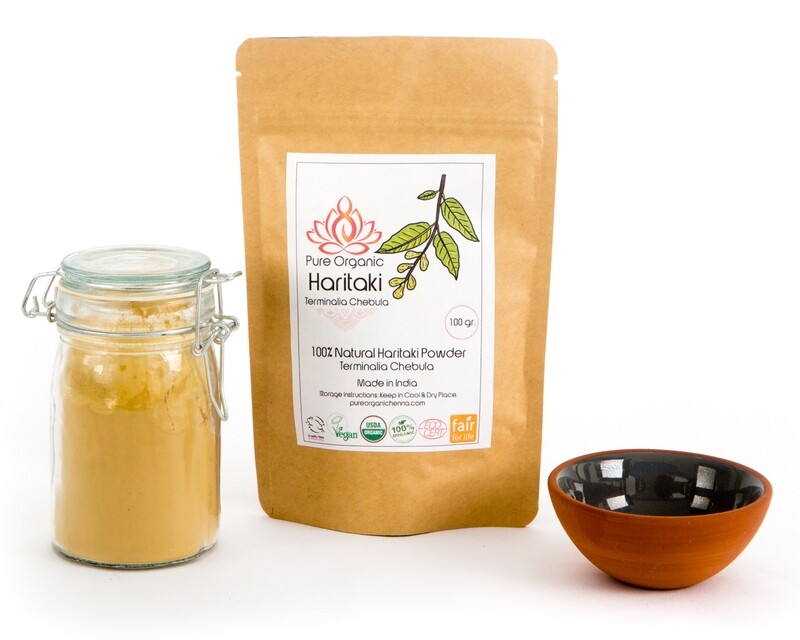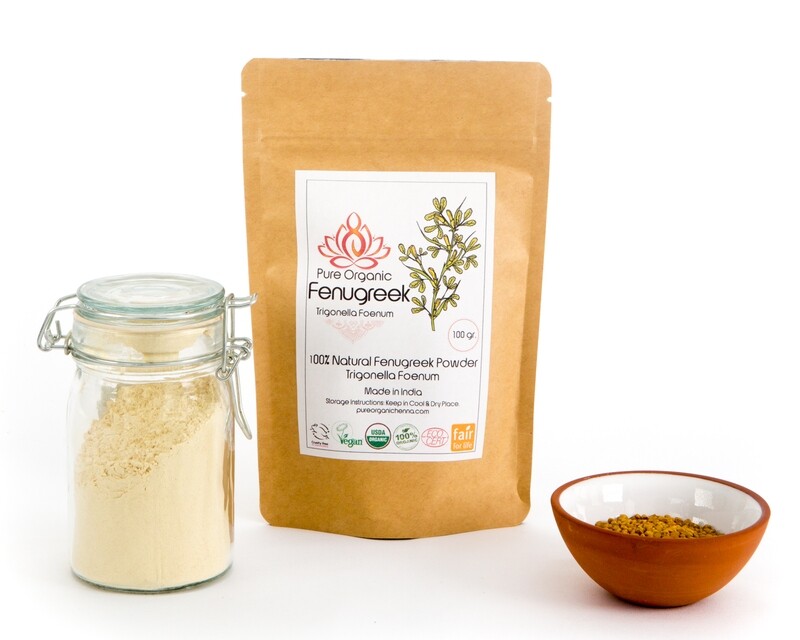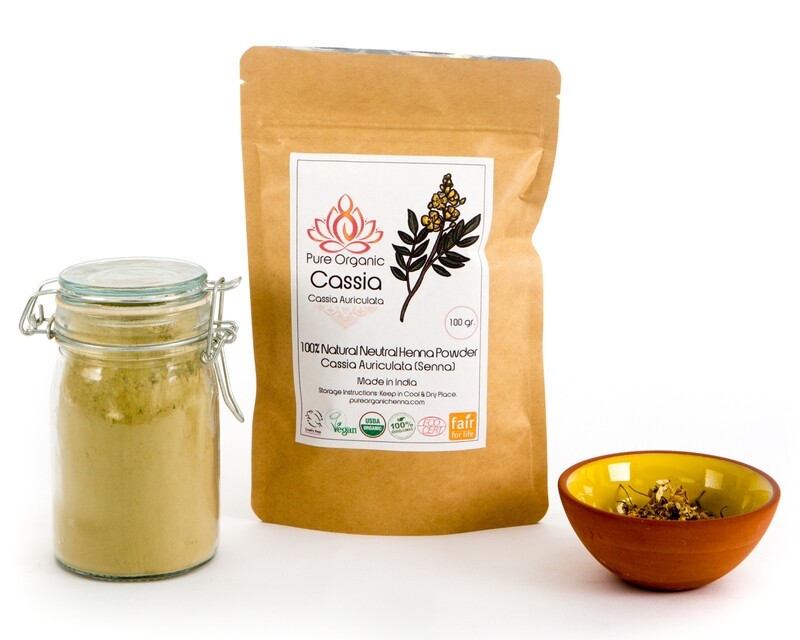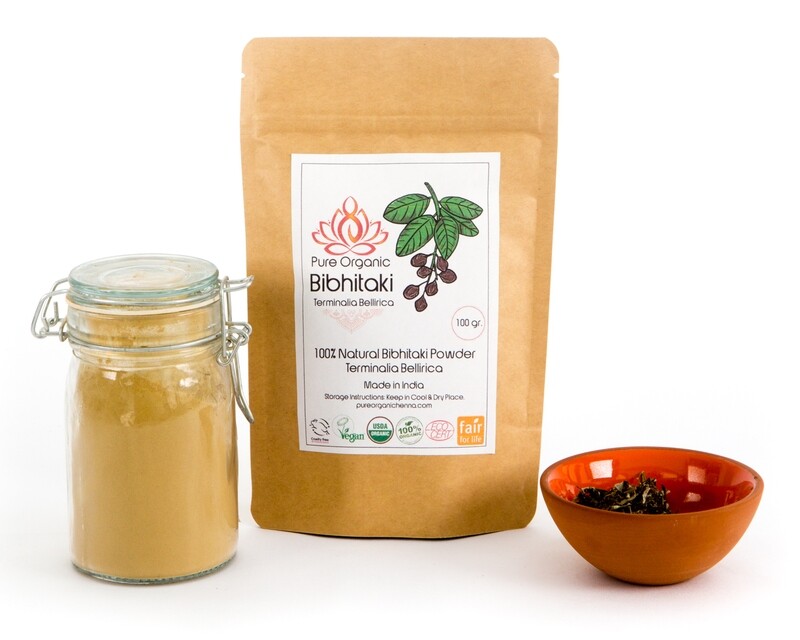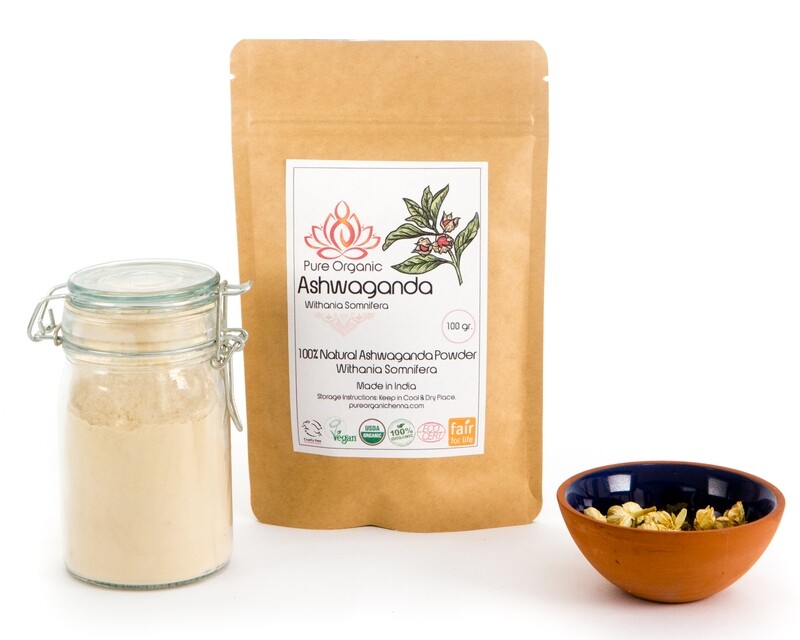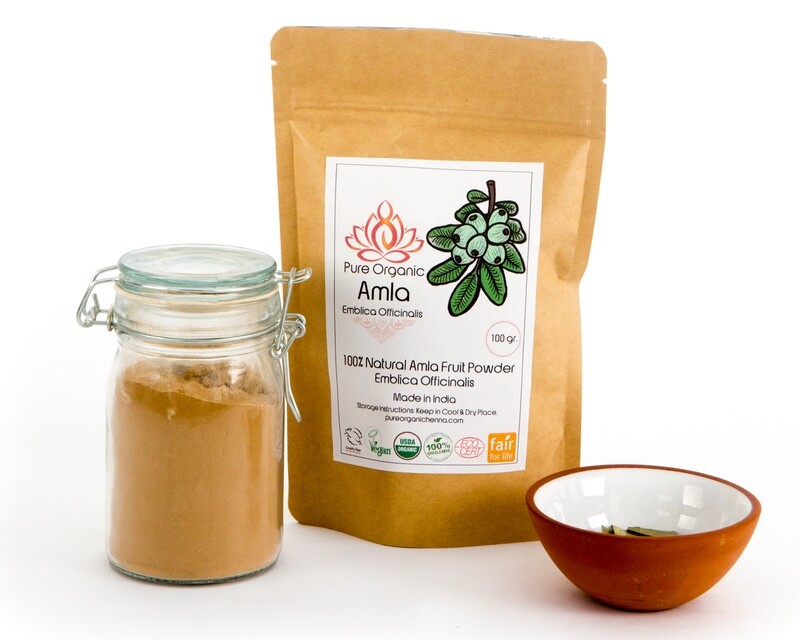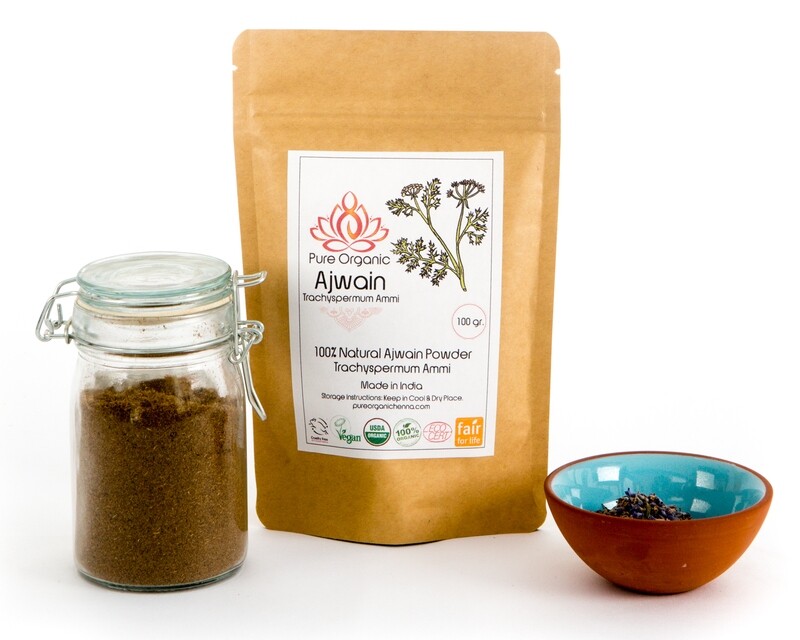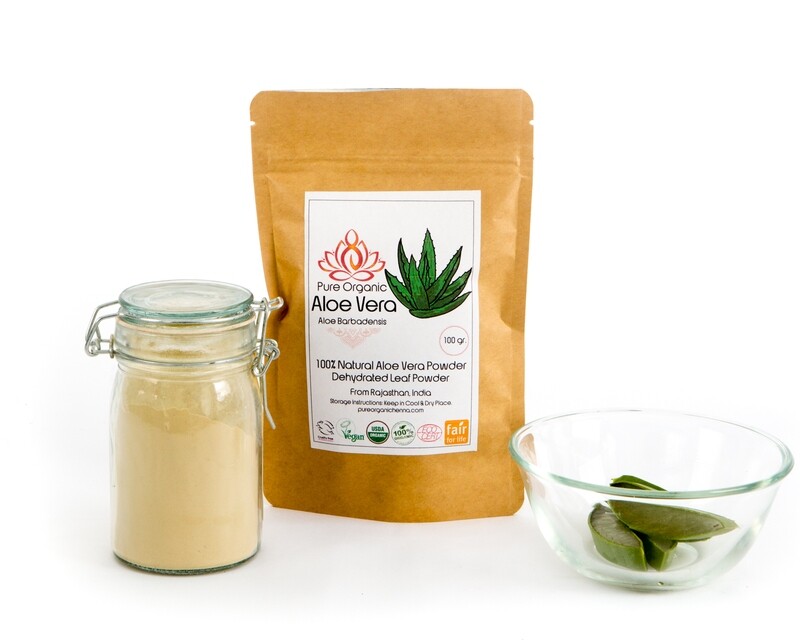Hibiscus can also help:
- stop hair loss.
- make your hair look healthy and lustrous.
- prevent premature graying.
- thicken hair and add volume.
- treat dandruff.
- condition against frizz, dryness, and breakage.
- prevent split ends.
This ayurvedic herb is also known as jaswand powder and hibiscus sabdariffa (roselle) flowers.
It is used to:
- Enhances the red tones in your hair along with your henna recipe.
- helps promote hair growth
- reduce hair loss
- give your hair a gorgeous shine
- delays premature graying
Can be used in a variety of recipes for an amazing henna and ayurvedic hair treatments.
Use at least 3-4 tbsp of hibiscus petal powder to your henna recipe per 100 grams to boost red tones. Red teas, and paprika also boost red tones.
Our hair recipe:
Use 6 tbsp of hibiscus petal powder, 2 tbsp honey, 3 tbsp aloe vera powder, 2 tbsp yoghurt, and just enough coconut milk to thicken your ingredients. Mix your ingredients so that it is the consistency of a thick pancake batter (similar to a henna recipe). Apply onto your hair, and leave on for 20-30 minutes. Rinse out thoroughly.
COMMON NAME: Roselle
OTHER NAME: Sorrel, Ambashthaki
BOTANICAL NAME: Hibiscus sabdariffa L.
PLANT FAMILY: Malvaceae
PART USED: Dried Flowers Powder .
OVERVIEW: Hibiscus is one of the most common flower plants grown worldwide. There are more than 300 species of hibiscus around the world, roselle is one of them.
PHYTOCONSTITUENTS: The dried calyx contains the flavonoids gossypetin, hibiscetine and sabdaretine. ThHIBIe major pigment, formerly reported as hibiscin, has been identified as daphniphylline. Small amounts of myrtillin (delphinidin 3- monoglucoside), chrysanthenin (cyanidin 3- monoglucoside) and delphinidin are also present.
PRECAUTIONS: None known.
For educational purposes only. This information has not been evaluated by the Food and Drug Administration. This information is not intended to diagnose, treat, cure, or prevent any disease.
Pure Organic Ayurvedic Herbs
According to Ayurveda, the hair is a direct by-product of your bone tissue (marrow) and it is also linked to the central nervous system and gut. This means any weakness in the bone tissue, nervous system and digestive system will naturally result in hair loss or diminishing hair growth.
Ayurveda provides you with plenty of options for hair care and longer hair growth. Apart from holistic remedies and practices of incredible wisdom, the most important aspect of Ayurveda is finding solutions.
Pure Organic Ayurvedic Herbs provides you with a customized Hair care regimen that best aligns with your condition based on your lifestyle and type of hair.

